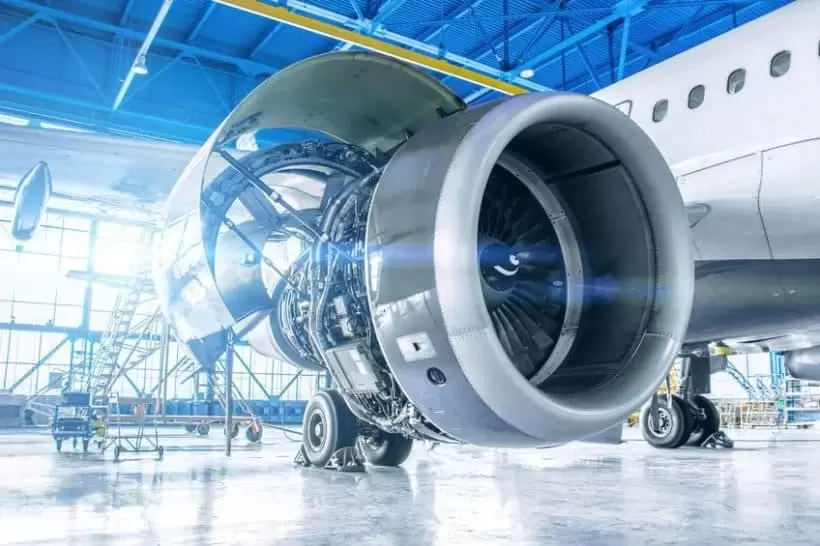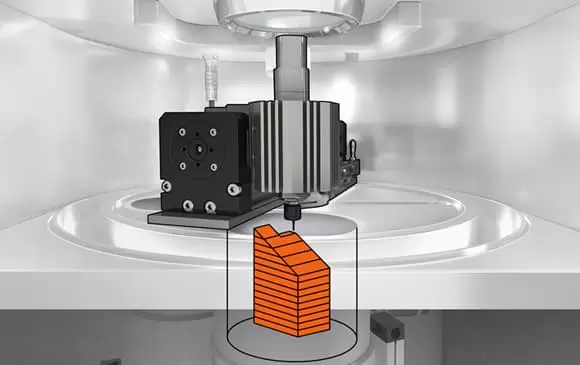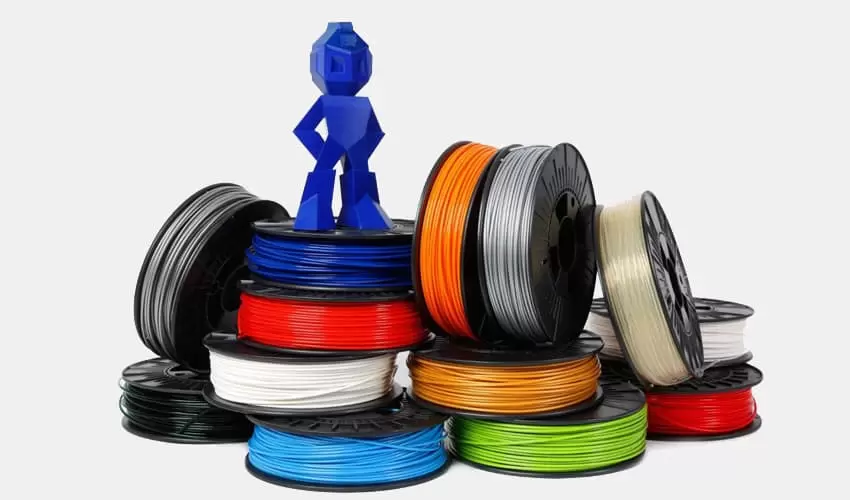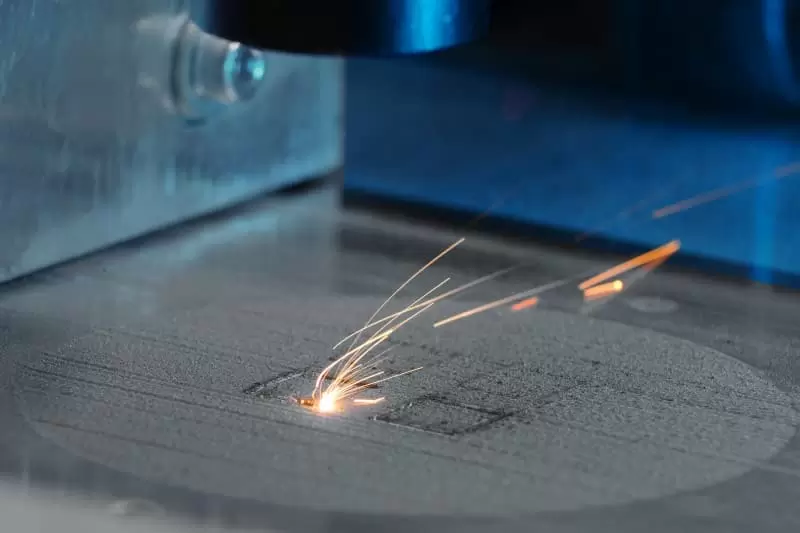Plastic gears are widely used in various industries for their lightweight, corrosion resistance, and low-cost manufacturing. In this comprehensive guide, we will explore the different types of plastic gears, their applications, and the benefits they offer. We will also discuss the manufacturing process and factors to consider when selecting plastic gears for your project.
Types of Plastic Gears:
- Spur Gears: These are the most common type of plastic gears and have straight teeth that mesh together to transfer torque and rotation.
- Helical Gears: These gears have angled teeth that provide a smoother and quieter operation compared to spur gears.
- Worm Gears: Worm gears consist of a worm screw that rotates a gear with angled teeth. They offer high gear ratios and are commonly used in automotive and industrial applications.
- Bevel Gears: Bevel gears have angled teeth and are used to transmit power between shafts that are not parallel.
- Rack and Pinion Gears: Rack and pinion gears consist of a straight gear, or rack, and a pinion gear that mesh together to provide linear motion.
Applications of Plastic Gears:
Plastic gears are used in a wide range of applications, including:
- Automotive Industry: Plastic gears are commonly used in automotive applications, including power windows, windshield wipers, and HVAC systems.
- Medical Industry: Plastic gears are used in medical equipment, such as ventilators, pumps, and blood analyzers, due to their low-friction and non-corrosive properties.
- Robotics Industry: Plastic gears are commonly used in robotics applications due to their lightweight and low-friction properties.
- Consumer Electronics: Plastic gears are used in consumer electronics, such as printers, scanners, and cameras, due to their precision and low noise levels.
- Industrial Equipment: Plastic gears are used in industrial equipment, such as conveyors, packaging machines, and pumps, due to their corrosion resistance and low cost.
Benefits of Plastic Gears:
- Lightweight: Plastic gears are much lighter than metal gears, making them ideal for applications where weight is a concern.
- Low Noise: Plastic gears produce less noise compared to metal gears, making them suitable for applications that require low noise levels.
- Corrosion Resistance: Plastic gears are resistant to corrosion and can withstand harsh environments, making them ideal for outdoor and marine applications.
- Low Cost: Plastic gears are less expensive to manufacture compared to metal gears, making them a cost-effective solution for various applications.
Manufacturing Process of Plastic Gears:
The manufacturing process for plastic gears involves injection molding, which involves melting plastic pellets and injecting them into a mold to create the desired shape. The mold is then cooled and opened, and the finished product is ejected. The process is repeatable and can produce high volumes of gears quickly and efficiently.
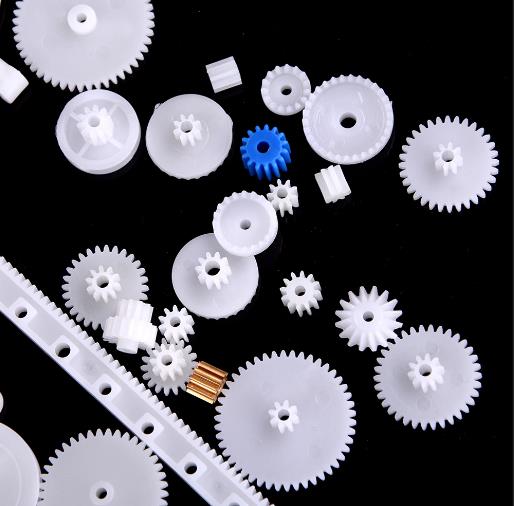
Factors to Consider When Selecting Plastic Gears:
When selecting plastic gears for your project, it is important to consider the following factors:
- Load Capacity: Plastic gears have a lower load capacity compared to metal gears, so it is important to ensure that the gear can handle the load requirements of the application.
- Temperature Range: Plastic gears have a lower temperature range compared to metal gears, so it is important to ensure that the gear can withstand the temperature requirements of the application.
- Lubrication: Plastic gears require lubrication to operate properly, so it is important to consider the lubrication requirements of the application.
- Precision: Plastic gears have lower precision compared to metal gears, so it is important to ensure that the gear can meet the precision requirements of the application.
Conclusion:
Plastic gears offer numerous benefits, including lightweight, low noise, corrosion resistance, and low cost manufacturing. They are used in various industries, including automotive, medical, robotics, consumer electronics, and industrial equipment. When selecting plastic gears for your project, it is important to consider the load capacity, temperature range, lubrication requirements, and precision. By choosing the right plastic gears for your application, you can ensure reliable and efficient operation.
